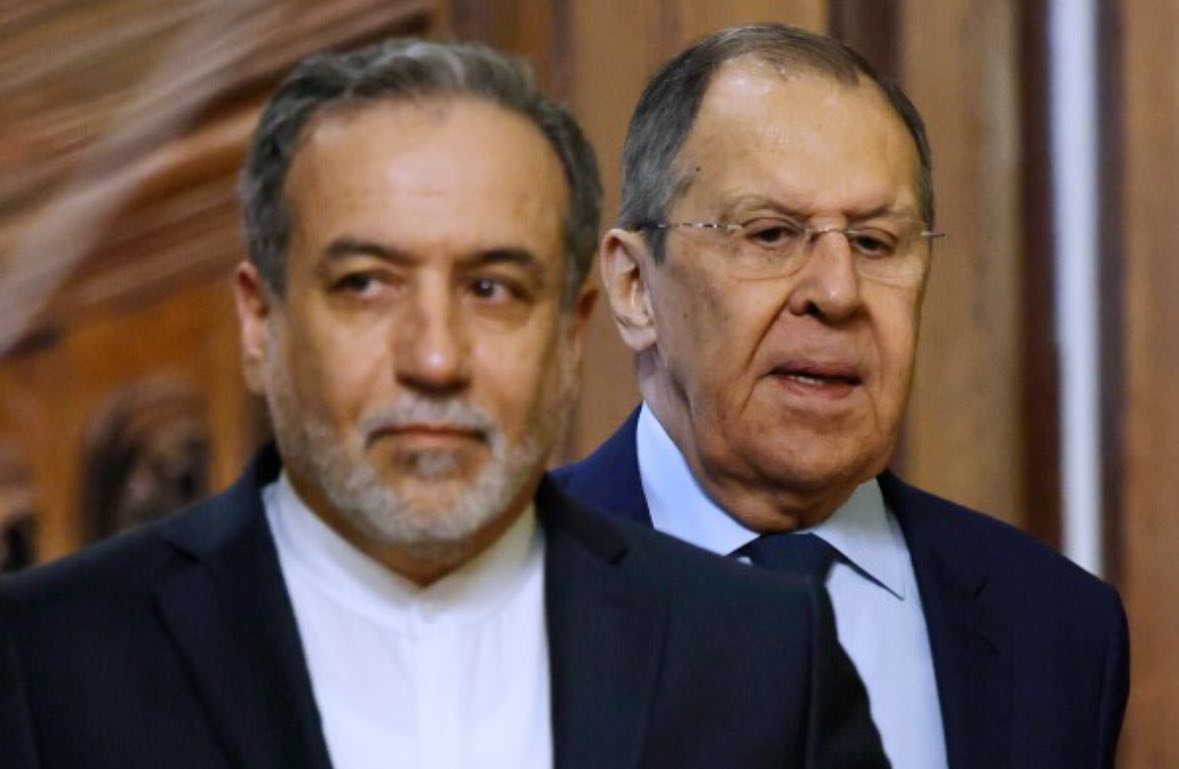The secret mission of Iranian nuclear scientists in Russia was revealed
The secret mission of Iranian nuclear scientists in Russia was revealed
According to IranGate News Agency, in the ongoing developments related to Iran’s nuclear program and amid escalating tensions between Tehran and Western powers, new information about a secret mission by a group of senior Iranian nuclear scientists to Russia has been released.
This report, based on obtained documents and analyses by experts in the field of nuclear non-proliferation, unveils Tehran’s apparent efforts to access specific radioactive materials and sensitive technologies, actions that could be seen as a sign of a potential acceleration of the Islamic Republic’s military nuclear program.
About seven weeks after the start of Israeli military attacks on Iran’s nuclear facilities, which were launched under the claim of countering an immediate nuclear threat, and after the US targeted three of the country’s sensitive nuclear centers, the Financial Times published an investigative report.
This report delved into the secret mission of a delegation of prominent Iranian nuclear scientists to Russia last year.
According to this report, members of this delegation traveled to Russia with the motivation to acquire radioactive materials like tritium, essential components for enhancing the yield of nuclear warheads.
According to official documents and correspondences in the possession of this newspaper, the mentioned delegation arrived in the Russian capital in the middle of last summer and received a specific mission to expedite access to the needed materials.
The Financial Times wrote that the existing documents, including correspondences, corporate documents, and interviews with experts, indicate that this delegation was interested in tritium to enhance the explosive capability of a nuclear warhead.
The leadership identity of this delegation is known: Ali Kalvand, a 43-year-old Iranian physicist, along with several others, traveled to Russia under the guise of employees of Damavand Tech Consulting Company.
There, Kalvand established contact with Oleg Maslenikov, a well-known Russian scientist in the field of nuclear explosions and a director of companies in Moscow.
These companies, including TechnoExpert and Thorium, have complex governance issues that made entry impossible for Iranians without official approval.
David Albright, an independent expert in non-proliferation and former head of the Institute for Science and International Security, said Kalvand is likely seeking diagnostic tools for testing, and the delegation’s visit to Russia’s dual-use scientific centers, which have both civilian and military applications, falls within this framework.
Westerners have called certain aspects suspicious, from the background of the Iranian delegation members to the cover nature of the mission and the nature of the host companies, all indicating efforts to conceal the real objectives of this trip.
Although Russia has announced its opposition to Iran possessing nuclear weapons, this does not mean it is unwilling to exchange some technical, albeit non-critical, technologies for weapon construction.
The implications of this cooperation
1. International context and sanctions: While the US and Europe imposed sanctions against SPND in May, an organization the Financial Times considers the successor to Iran’s previous nuclear program, this trip and exchange of information still indicate the Islamic Republic’s ongoing indirect efforts to advance the technical aspects of its nuclear program.
2. The importance of tritium in weapon construction: Although tritium also has medical and research applications, it plays a crucial role in the construction of nuclear warheads.
Experts say tritium can significantly increase explosive power, which is why strict and limited control is applied to its exchanges.
3. The existing security crisis: This secret trip occurred at the peak of Israeli and American attacks on Iran’s nuclear facilities, a context that heightened the international community’s concerns about the future of Iran’s nuclear program.
4. Potential consequences and future outlook: Although it is not yet clear whether the Iranian delegation succeeded in obtaining tritium or similar technologies, this event, alongside Iran’s constant denial of efforts to build nuclear weapons, raises serious questions for export control mechanisms and international inspections.

